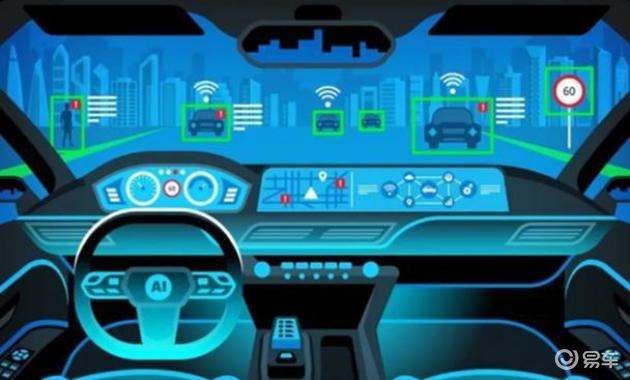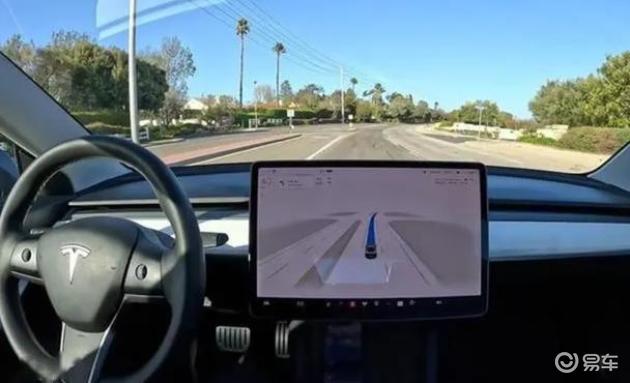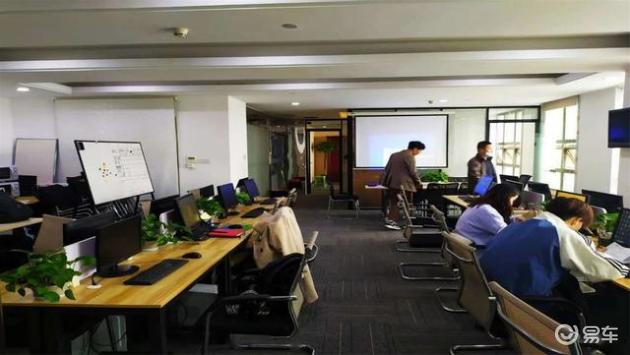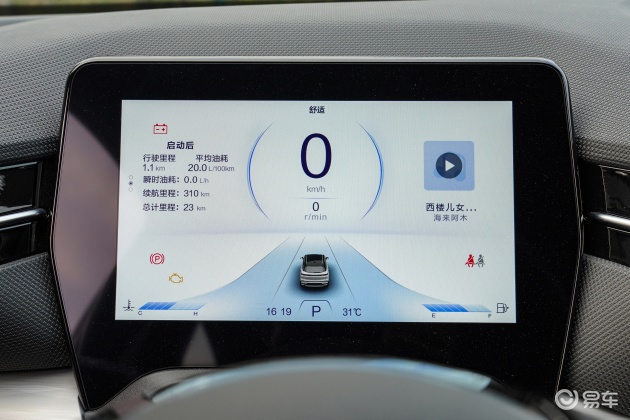
Sudden visit promotes the landing of FSD in China
In May, 2024, the CEO suddenly appeared in Beijing, and the core goal of this trip was to promote Tesla’s fully automatic driving (FSD system) in the China market. Musk has repeatedly stated that FSD is Tesla’s and his most important technical field.
Musk’s trip to Beijing has two major goals. He hopes to be allowed to transmit the vehicle driving data collected by Tesla in China to foreign countries for training the FSD algorithm. Automobile data is very important for the development of driverless technology. Having a large number of driving data in real scenes can greatly improve the accuracy and reliability of the algorithm.

Musk will seek China’s approval for the full implementation of the FSD system in China. At present, FSD has been approved in the United States and other countries and regions, but it has not been approved in China, the world’s largest market. Musk’s trip is intended to convince the China government that Tesla’s FSD system has the ability to operate safely and reliably in complex road conditions.
Goal 1: Training algorithm for data transmission in China.
When Musk was in China, he reiterated that Tesla will invest nearly $10 billion in training and reasoning artificial intelligence this year, especially the AI technology related to driverless driving. This shows that he has high hopes for the landing of FSD in China and is willing to invest a lot of money in training.

To achieve this goal, the key lies in obtaining the permission of China government to transmit the massive vehicle data collected in China to foreign countries. Due to the consideration of data security and privacy protection, China has strict control over cross-border data flow. Musk will start negotiations with China on this trip.
If it is allowed to transmit data, Tesla will be able to optimize and train the algorithm of FSD by using a large number of real driving data collected in China, a complex road environment, thus greatly improving the applicability and safety of the system on the roads in China. This is crucial for the full landing of FSD in China.

Goal 2: Seek the approval of China government for the full implementation of FSD.
Another important goal of Musk is to persuade the China government to approve the full implementation and commercialization of the FSD system in China. At present, FSD has been approved to go on the road in American states, but it has not been approved in China, a huge potential market.
Musk’s trip may provide a lot of test data and evaluation reports for the safety and reliability of China’s FSD system to prove that FSD has the ability to operate safely and reliably in complex urban road environments.

If it can be approved by the government of China, it will be a major breakthrough in the commercialization of FSD on a global scale. China is not only the largest new energy vehicle market in the world, but also one of the countries with the most complicated road conditions. Once FSD has landed in China, it will lay the foundation for its landing in other markets in the world.
China government attitude
Facing the above two demands of Musk, the attitude of China government will directly determine the process of FSD landing in China. Judging from the available information, China has an open but cautious attitude towards the landing of FSD in China.

Has passed the data security certification.
It is worth noting that the cars produced in Tesla Giga Shanghai have passed the automobile data safety certification of China government and become a foreign-funded automobile enterprise with this certification.. This laid the foundation for Tesla to transmit data in China to foreign countries.
All parts of China have lifted the ban on Tesla vehicles, which will help Tesla to further expand in China and create a good environment for FSD to land in China.
Or allow the test demonstration first.
Despite certain convenience, the China municipal government seems to be still cautious at present, or support Tesla to test and demonstrate in a limited range in China, and has not fully approved the full landing and commercialization of FSD in China..

This cautious attitude stems from concerns about the safety of driverless technology. The complicated road traffic environment in China brings great challenges to the applicability of FSD system. The government needs more time to assess the risk of FSD landing in China.
The FSD has not been fully approved yet.
Although Musk’s trip has made some progress, the China government has not yet given the green light for the FSD to fully land in China. Musk’s trip also conveyed Tesla’s sincerity and determination to land FSD in China.
The two sides may further discuss issues such as data transmission, test and demonstration scope, and regulatory rules. If the negotiations go smoothly, the landing of FSD in China is just around the corner.

Progress of FSD landing in China
Although the China government hasn’t completely given the green light yet, after Musk’s visit to Beijing, the process of landing FSD in China is gradually advancing.
Tesla China website updates the purchase page
After Musk’s visit to China, the FSD purchase page on Tesla China official website has changed from "to be launched later" to "to be launched soon", which indicates that the landing process of FSD in China is accelerating.
Previously, Tesla China owners were unable to purchase and use the FSD function without the approval of the China Municipal Government. Buying page updates now means that Tesla is expected to launch FSD service for China car owners in the near future.

Musk invested heavily in AI and driverless technology.
During his stay in China, Musk also revealed that Tesla will invest nearly $10 billion in artificial intelligence and driverless technology this year. This huge investment fully demonstrates Musk’s determination to put FSD on the global stage and his firm confidence in the technology prospect.
This investment will be used for algorithm training, hardware upgrade, test and verification, etc. to continuously improve the performance and security of the FSD system and prepare for its landing in more markets.
Musk attaches so much importance to FSD because he firmly believes that fully automatic driving will completely change the way of travel and become the mainstream technology in the future automobile industry. Once the FSD is fully implemented, it will greatly improve traffic efficiency, reduce accident rate and reduce energy consumption and emissions.

The core goal of Musk’s surprise visit to Beijing is to promote Tesla’s all-FSD in the China market. He hopes to be allowed to transmit the vehicle data collected in China to the training algorithm abroad, and seek the approval of China government for FSD to go on the road in China.
China government is open but cautious about the landing of FSD in China. On the one hand, Tesla has obtained data security certification, and restrictions on its vehicles have been lifted in various places; On the other hand, China has not yet fully approved the full implementation of FSD, and may support a limited range of testing first.

Despite this, after Musk’s visit to China, the landing process of FSD in China is accelerating. Tesla’s China website has updated its FSD purchase page, and Musk will also invest heavily in AI and driverless technology, demonstrating his determination to make FSD a global success.














































